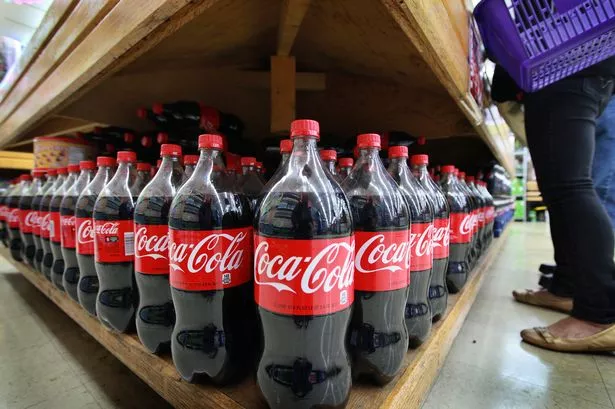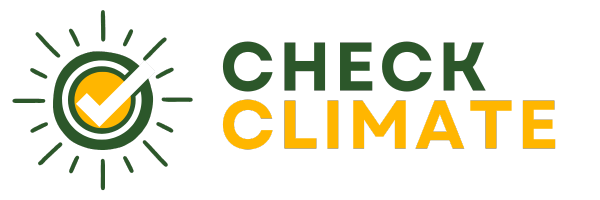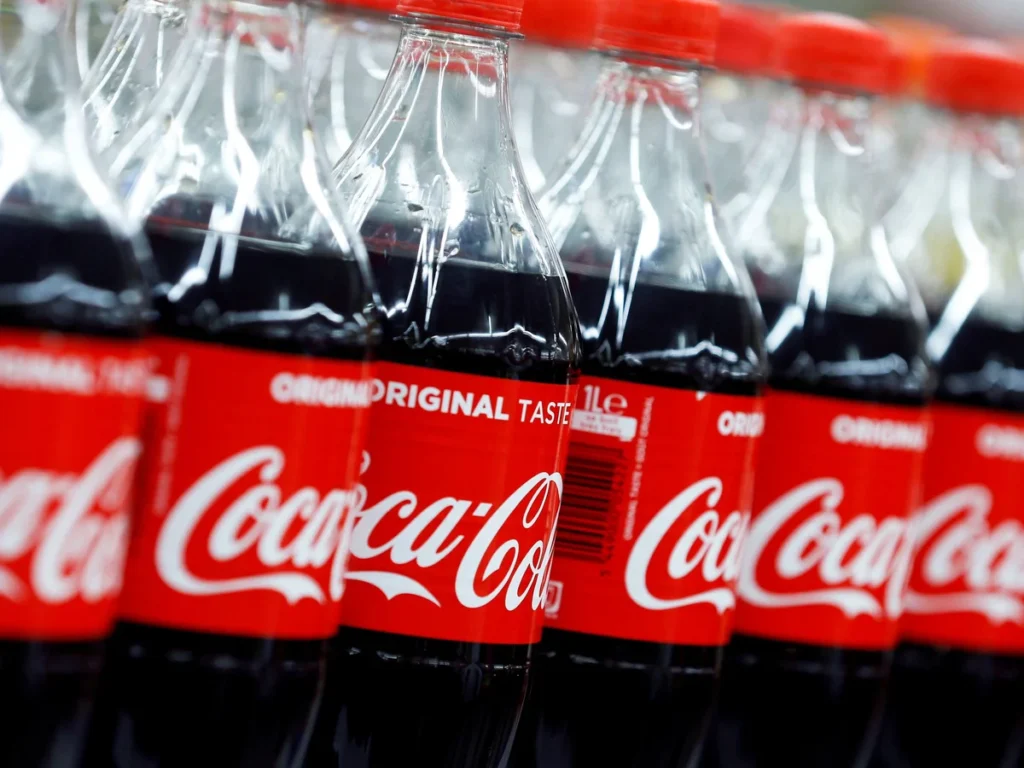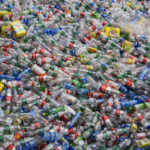Coca-Cola is updating its labels on bottles in Europe after being accused of misleading consumers with vague and overly optimistic recycling claims.
The move follows a formal complaint submitted to EU regulators in November 2023 by the European Consumer Organisation (BEUC), supported by NGOs including ClientEarth and ECOS.
The complaint targeted claims like “100% recycled” or “100% recyclable” on Coca-Cola’s PET bottles, which critics say create a false impression that the entire bottle is made from recycled materials.
Under new commitments announced on May 6, 2025, Coca-Cola will clarify that only the body of the bottle is made from 100% recycled plastic—not the cap or the label, which are still made from virgin materials.
The company will also remove green symbols, natural imagery, and recycling loops from its bottles graphics, which BEUC says wrongly suggest full environmental neutrality or circularity.
The beverage giant also agreed to tweak its call-to-action, changing “recycle me again” to simply “recycle me”, toning down the suggestion of an endless loop of reuse.
“These commitments do not amount to an admission that [The Coca-Cola Company] has infringed the law,” the company said in a statement, adding it would continue to encourage responsible disposal of packaging.
However, the European Commission has confirmed that Coca-Cola will ensure PET bottles carrying “100% recycled” labels will not include any non-recycled content, including reused offcuts.
BEUC welcomed the change but cautioned that it was only the first step.


“It is good news that Coca-Cola has heeded consumers’ call and commits to clarify that its ‘100%’ recycling claims only apply to parts of the bottle,” said Agustín Reyna, BEUC director-general .
“Affirming that a bottle is 100% recycled or recyclable is outright misleading and should stop, just as green imagery [that gives] the wrong impression that plastic drink bottles have zero impact on the environment.”
Reyna added that national authorities must now “monitor if Coca-Cola turns their words into deeds and take strong measures if this is not the case.”
Part of the controversy stems from real-world recycling figures. According to BEUC, the average recycling rate for PET bottles in the EU is around 55%, and only 30% of that material ends up being used to make new bottles. That reality stands in sharp contrast to the marketing narratives seen on many beverage bottles.
While Coca-Cola is the first to respond to the complaint, other companies named in the original filing—Danone and Nestlé Waters—remain under scrutiny. BEUC is calling for a broader crackdown on what it sees as misleading environmental claims across the industry.
As regulators and civil society tighten expectations around green claims, this case sends a clear message: recycled messaging must match recycled content, or risk being labelled greenwashing.










